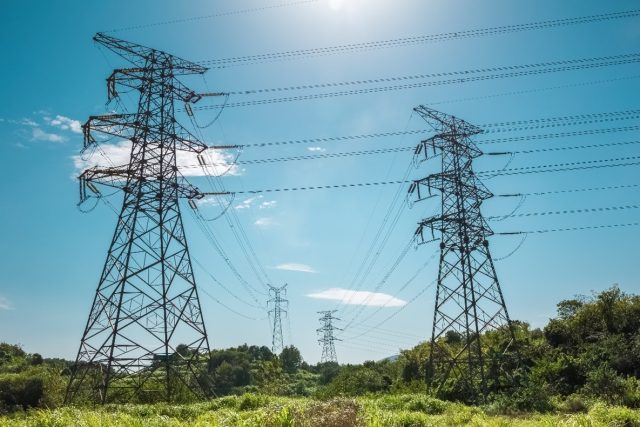
The European Commission has finally unveiled its legislative proposal to overhaul the European electricity market, after much anticipation about what structural solutions the EU would propose to tackle the ongoing energy crisis. According to the Commission, the objectives of the legislative proposal are to “accelerate a surge in renewables and the phase-out of gas”, to “make consumer bills less dependent on volatile fossil fuel prices, better protect consumers from future price spikes and potential market manipulation”.
As far as consumers are concerned, the Commission proposes to allow consumers to combine fixed and flexible pricing for electricity with several suppliers, as well as requiring energy retailers to inform households on the advantages and risks of different types of available contracts. As far as industry is concerned, the Commission proposes facilitating the deployment of ‘Power Purchase Agreements’ (PPAs) for companies, whereby they could establish their own direct supplies of energy to benefit from more stable prices of renewable and non-fossil energy supplies.
Additionally, to secure industry from price volatility while protecting power producers’ revenue stability, the EU proposes that future EU funding for new initiatives on renewables and non-fossil electricity generation be made through ‘Contracts for Difference’ (CfD), which would ensure that governments compensate producers if wholesale prices are below the agreed price, while member states would be obliged to canalize excess income to users. These were all major demands of the industry. Finally, this modification will increase liquidity for ‘forward contracts’ that lock in future prices.
Other measures in the Commission’s proposal include renewables integration, greater transparency in the system, protecting vulnerable customers by allowing member states to extend regulated retail prices to households and SMEs in the event of a crisis, allowing renewable energy sharing for consumers, and improving the flexibility of the power system through measures like new support schemes for demand response and storage, peak shaving or demand reduction at peak hours to make the market more adaptable to changes in supply and demand.
Nonetheless, the Commission’s proposal is not as radical an overhaul as southern European member states like Spain or France hoped, as it retains the basic architecture of the electricity market intact, specifically its marginal pricing system. The Commission has previously argued that the current model “provides efficiency, transparency and incentives to keep costs as low as possible”, and indeed, Energy Commissioner Kadri Simson considers that the marginal pricing system is the “most efficient” system as it ensures that the “cheapest and cleanest technologies are used first” to meet demand in electricity generation. However, southern European states like France and Spain have criticised this marginal pricing system, and have called for a radical rehaul of the electricity market that would decouple electricity and natural gas prices, due to these countries’ reliance on renewables and nuclear for electricity generation which makes their electricity bills vulnerable to gas price volatility despite not relying on gas for electricity generation.
Therefore, in the next stages of the process, where the legislative proposal will be debated in the EU Parliament and the Council of Ministers, there will likely be conflict between these southern member states, who will promote a more comprehensive reform, and northern European states like Germany, Denmark and the Netherlands on the other hand. These latter states will likely support the Commission proposals, as they were apprehensive about far-reaching reforms that could distort market mechanisms, threaten energy security, and threaten incentives to invest in renewables, and instead supported cautious and “targeted” reforms in line with the long-term contractual arrangements that the Commission package proposes.
In fact, there is another conflict brewing over the place of nuclear energy in this reform. France has praised the fact that under the current proposals, new nuclear reactors built in France would be at least partially financed by CfDs. Nuclear energy, however, is a hot topic that causes friction, and this provision of the Commission proposal will likely generate tension with the anti-nuclear coalition of member states like Germany and the Nordic states. Indeed, just 2 days after the Commission presented its reform proposal, a group of 7 member states led by Germany sent a letter to the Commission, expressing their opposition to the inclusion of nuclear-derived ‘red hydrogen’ in green energy targets under the EU’s renewables directive.



 Subscribe
Subscribe